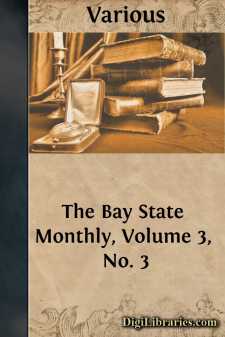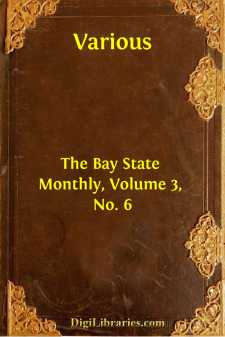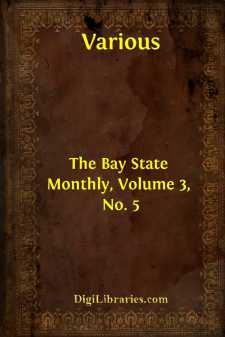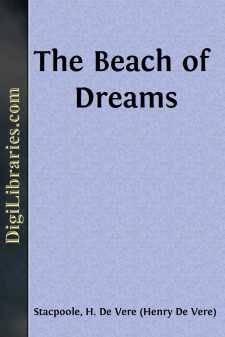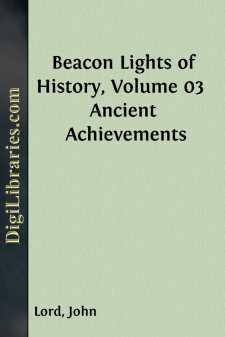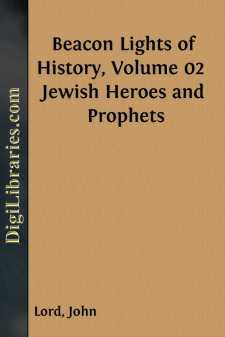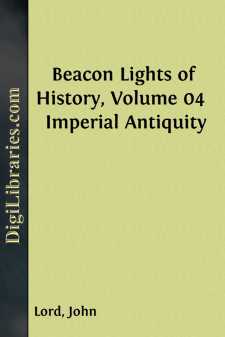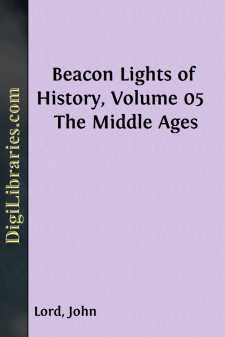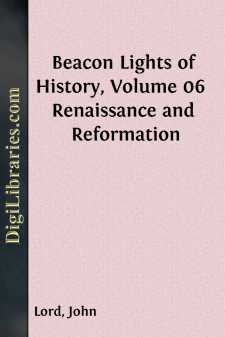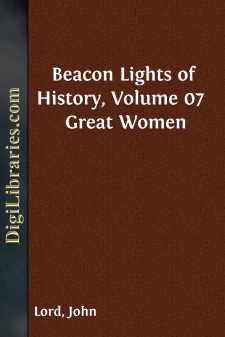Categories
- Antiques & Collectibles 13
- Architecture 36
- Art 48
- Bibles 22
- Biography & Autobiography 813
- Body, Mind & Spirit 142
- Business & Economics 28
- Children's Books 15
- Children's Fiction 12
- Computers 4
- Cooking 94
- Crafts & Hobbies 4
- Drama 346
- Education 46
- Family & Relationships 57
- Fiction 11829
- Games 19
- Gardening 17
- Health & Fitness 34
- History 1377
- House & Home 1
- Humor 147
- Juvenile Fiction 1873
- Juvenile Nonfiction 202
- Language Arts & Disciplines 88
- Law 16
- Literary Collections 686
- Literary Criticism 179
- Mathematics 13
- Medical 41
- Music 40
- Nature 179
- Non-Classifiable 1768
- Performing Arts 7
- Periodicals 1453
- Philosophy 64
- Photography 2
- Poetry 896
- Political Science 203
- Psychology 42
- Reference 154
- Religion 513
- Science 126
- Self-Help 84
- Social Science 81
- Sports & Recreation 34
- Study Aids 3
- Technology & Engineering 59
- Transportation 23
- Travel 463
- True Crime 29
Sort by:
by:
Various
JOHN ALBION ANDREW. THE "WAR-GOVERNOR" OF MASSACHUSETTS. John Albion Andrew, the twenty-first Governor of Massachusetts, was born, May 31, 1818, at Windham, a small town near Portland, Maine. His father was Jonathan Andrew, who had established himself in Windham as a small trader; his mother was Nancy Green Pierce, of New Hampshire, who was a teacher in the celebrated academy at Fryeburg, where...
more...
by:
Various
HENRY W. PAINE. By Prof. William Mathews, LL.D. Among the callings acknowledged to be not only useful, but indispensable to society, there is no one, except the medical, which has been oftener the butt of vulgar ridicule and abuse than the legal. "Lawyers and doctors," says a writer on Wit and Humor in the British Quarterly Review, "are the chief objects of ridicule in the jest-books of all...
more...
by:
Various
HON. WILLIAM W. CRAPO. By Edward P. Guild. A citizen of Massachusetts, eminent in public and private life, and now in the prime of manhood, is the Hon. William W. Crapo, of New Bedford. He is the son of Henry Howland Crapo, a man of marked abilities and with a distinguished career, whose father was a farmer in humble circumstances in Dartmouth, the parent town of New Bedford, and able to give but...
more...
CHAPTER I THE ALBATROSS The fo’c’sle, lit by a teapot lamp, shewed the port watch in their bunks, snoring, all but Harbutt and Raft seated on a chest, Harbutt patching a pair of trousers, Raft smoking. Raft was a big red-headed man with eyes that seemed always roving over great distances as though in search of something. He was thirty-two years of age and he had used the sea since twelve—twenty...
more...
by:
John Lord
Whatever may be said of the accuracy of the great geographer of antiquity, it cannot be denied that he was a man of immense research and learning. His work in seventeen books is one of the most valuable that have come down from antiquity, both from the discussions which run through it, and the curious facts which can be found nowhere else. It is scarcely fair to estimate the genius of Strabo by the...
more...
by:
John Lord
When we pass from David's personal character to the services he rendered, how exalted his record! He laid the foundation of the prosperity of his nation. Where would have been the glories of Solomon but for the genius and deeds of David? But more than any material greatness are the imperishable lyrics he bequeathed to all ages and nations, in which are unfolded the varied experiences of a good man...
more...
by:
John Lord
CHRYSOSTOM. A.D. 347-407. SACRED ELOQUENCE. The first great moral force, after martyrdom, which aroused the degenerate people of the old Roman world from the torpor and egotism and sensuality which were preparing the way for violence and ruin, was the Christian pulpit. Sacred eloquence, then, as impersonated in Chrysostom, "the golden-mouthed," will be the subject of this Lecture, for it was by...
more...
by:
John Lord
SAINT ANSELM. A. D. 1033-1109. MEDIAEVAL THEOLOGY. The Middle Ages produced no more interesting man than Anselm, Abbot of Bec and Archbishop of Canterbury,--not merely a great prelate, but a great theologian, resplendent in the virtues of monastic life and in devotion to the interests of the Church. He was one of the first to create an intellectual movement in Europe, and to stimulate theological...
more...
by:
John Lord
MICHAEL ANGELO. A.D. 1475-1564. THE REVIVAL OF ART. Michael Angelo Buonarroti--one of the Great Lights of the new civilization--may stand as the most fitting representative of reviving art in Europe; also as an illustrious example of those virtues which dignify intellectual pre-eminence. He was superior, in all that is sterling and grand in character, to any man of his age,--certainly in Italy;...
more...
by:
John Lord
BEACON LIGHTS OF HISTORY HÉLOÏSE. * * * * * A.D. 1101-1164. LOVE. When Adam and Eve were expelled from Paradise, they yet found one flower, wherever they wandered, blooming in perpetual beauty. This flower represents a great certitude, without which few would be happy,—subtile, mysterious, inexplicable,—a great boon recognized alike by poets and moralists, Pagan and Christian; yea, identified not...
more...


